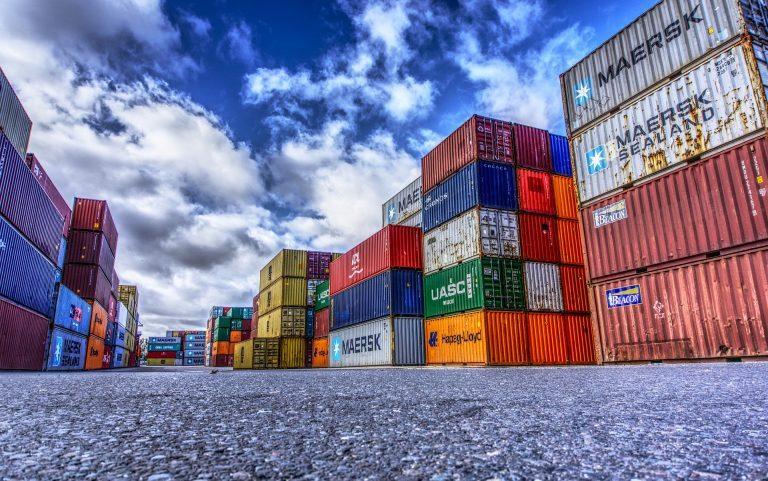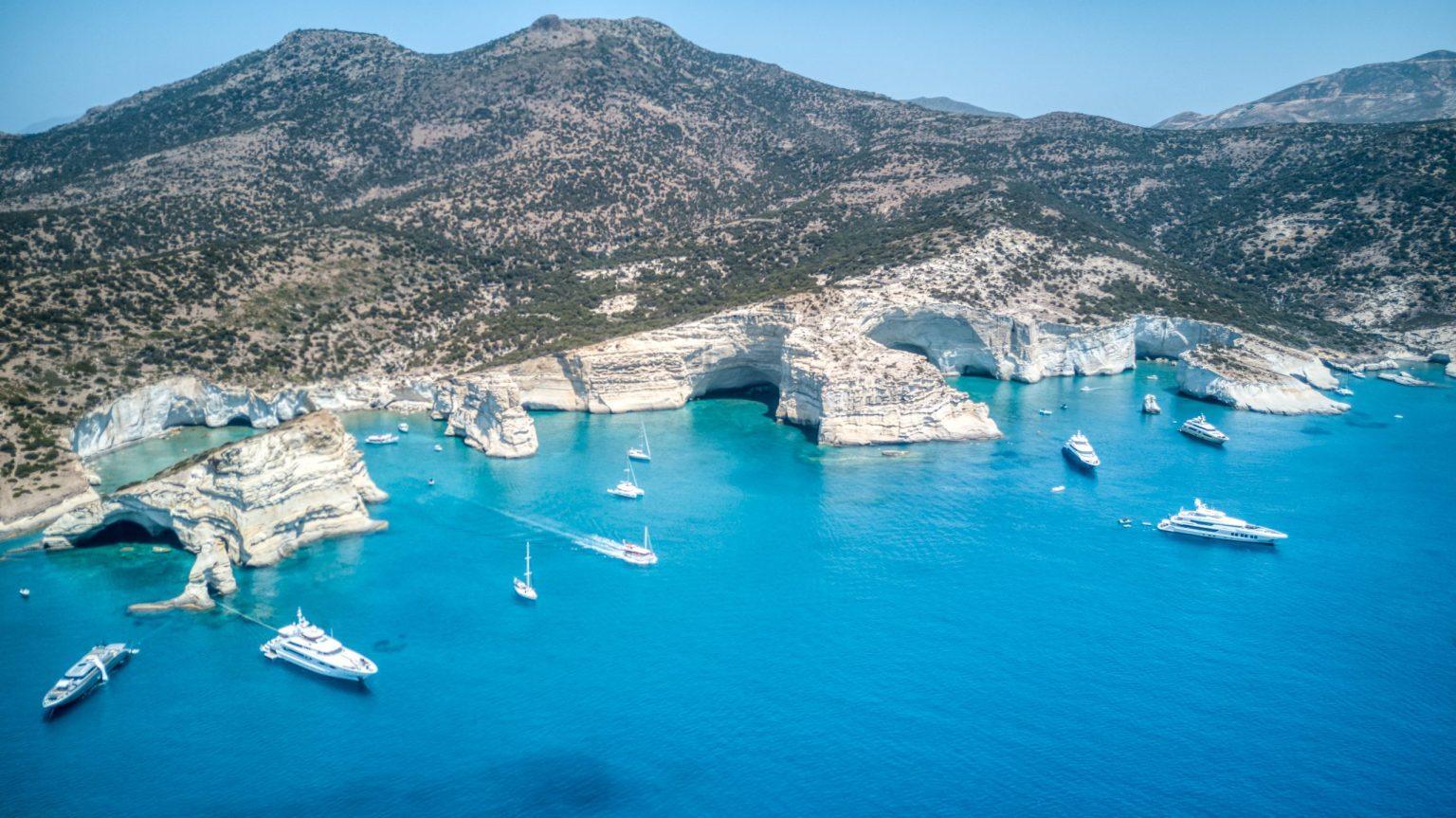Time is ticking down until autumn ends and the temperature remains at very high levels for the season.
The rains that caused such great problems in Thessaly and Evia in the past period are now minimal and the drought is of great concern to scientists.
Two Greek meteorologists cited the available data which is extremely worrying.
According to the meteorologist Panagiotis Giannopoulos, the month we are going through is the hottest and driest in the last 25 years.
“At the meteorological station of Ellinikon, at the old airport, only one millimeter of rain fell, on a day when it rains for seven days on average and 60 millimeters fall,” he said characteristically, revealing the magnitude of the problem. According to him, only in October 2001 had it not rained at all. Also, this year’s October will be the warmest since 2000, with an average high of 27 degrees, followed by October 2012 and 2019.
For his part, the meteorologist, Klearchos Marousakis, pointed out that the drought threatens several regions of the country, stressing at the same time that the rains “discharge into seas and rivers” with the result that the soils cannot absorb the amounts of water they need.
“Water Scarcity Risk Atlas”
Greece as well as the wider Mediterranean region face a high risk of drought, which will inevitably increase in the future due to climate change, shows the “Water Scarcity Risk Atlas” presented in the second ten days of October by the European Commission.
Drought threatens
“Climate change directly affects the frequency and intensity of precipitation. Water scarcity may increase significantly, particularly in the Mediterranean and Eastern Europe,” the Commission said in a statement.
The Atlas is in practice a tool for estimating the consequences of water scarcity under three scenarios of temperature rise in the coming decades. It relies on machine learning algorithms to estimate the impacts of drought on individual sectors, such as agriculture and energy, both under current conditions and under three scenarios of 1.5, 2.0 or 3.0 degrees of warming until the end of the century.



































![Καταστήματα: Έκρηξη ενοικίων – Οι περιοχές [πίνακες]](https://www.ot.gr/wp-content/uploads/2025/12/retail.png)



